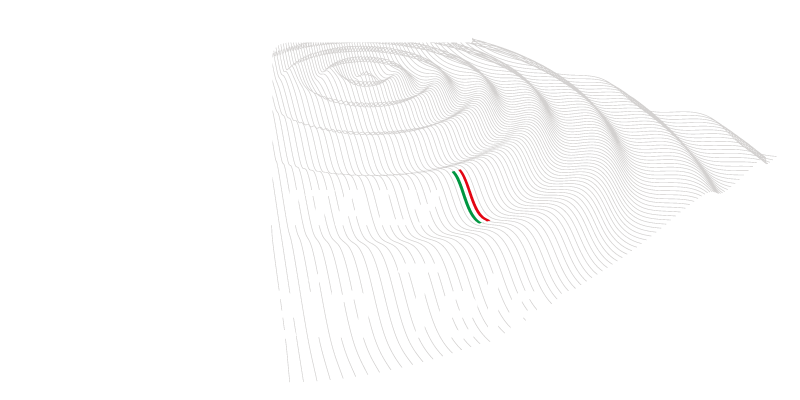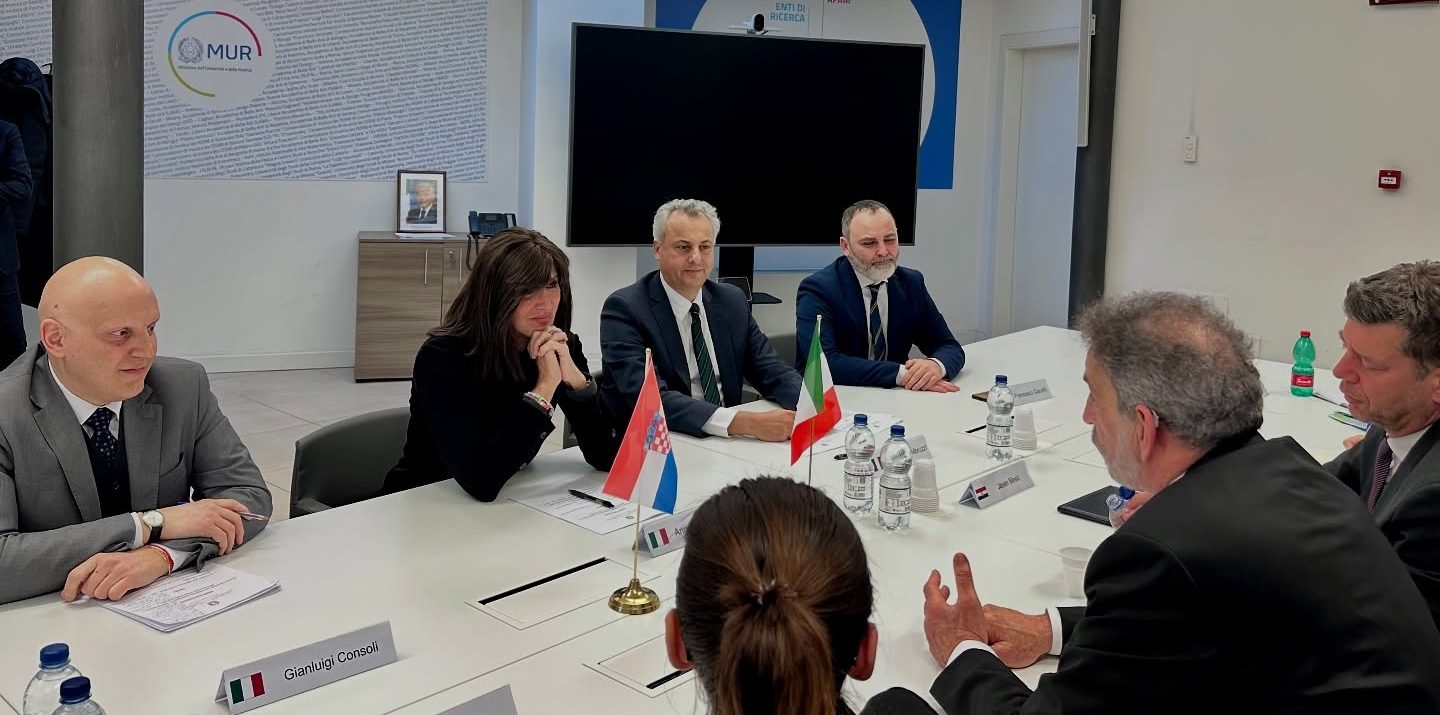Source: MUR, 04/03/25
Croatia supports Italy in the realization of the Einstein Telescope in Sardinia. This is one of the outcomes of the meeting between the Italian Minister of University and Research, Anna Maria Bernini, and the Croatian Minister of Science, Education, and Youth, Radovan Fuchs.
Italy is a candidate to host the future gravitational wave detector near the disused Sos Enattos mine, in the province of Nuoro. This is a globally significant scientific infrastructure and one of the major European research projects. The Einstein Telescope will be a third-generation detector capable of observing a volume of the universe at least a thousand times greater than current instruments, such as the LIGO interferometers in the United States and Virgo in Italy. Thanks to these scientific collaborations, gravitational waves were observed for the first time in 2015, a century after Albert Einstein‘s prediction.
The Italian government has already committed €950 million to finance the project, with an additional €350 million from regional funds, for a total of €1.3 billion. Croatian support adds to that of Spain, which was formalized in July 2024 in Olbia. During the bilateral meeting, Minister Bernini also confirmed Italy’s commitment to support the realization of the IFMIF-DONES project in Spain, a single-site neutron source promoted and financed by Croatia.
The mutual support between the two countries is part of a broader strategy to strengthen scientific and academic cooperation. As a confirmation of this commitment, Bernini and Fuchs signed a Memorandum of Understanding to enhance collaboration in priority fields for both countries, including quantum technologies, artificial intelligence, large research infrastructures, the blue economy, renewable energy, in line with new bilateral strategic plans. The agreement also includes the launch of a joint call for funding shared research projects. Particular attention will be paid to the shared interest of both countries in the Mediterranean, focusing on the health and sustainability of the sea and coasts, as well as on European collaborations such as Horizon Europe and European University Alliances. This agreement is part of the MUR’s efforts to strengthen collaborations with Balkan countries, following the signing of agreements with other EU nations, such as Slovenia, and non-EU countries, such as Serbia.

